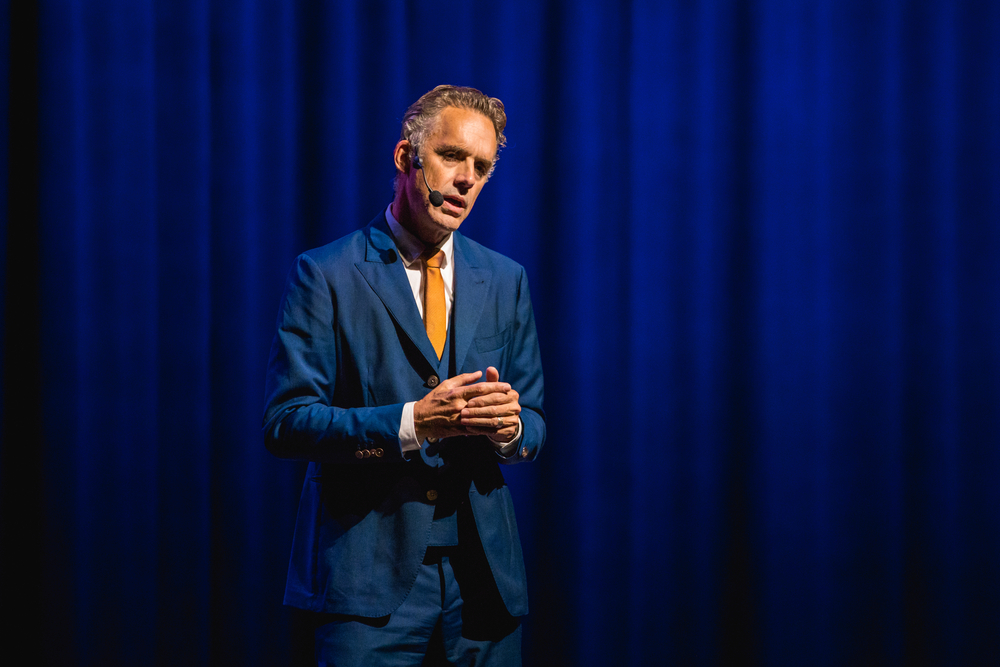Jordan Peterson: Love Without Truth Is a Lie—Even If It Hurts
In a deeply personal and philosophical episode of The Diary of a CEO, psychologist and author Jordan Peterson joined host Steven Bartlett to explore the raw truths behind love, happiness, and the courage to be your authentic self. The conversation was less about self-help clichés and more about confronting the uncomfortable realities that define meaningful relationships.
The Mask That Kills Connection
Peterson and Bartlett delved into the idea that many people enter relationships wearing a “mask”—a persona crafted to please others or avoid conflict. Bartlett admitted that in his own past, he tried to be who he thought his partner wanted, suppressing his true thoughts and feelings. Ironically, it was only when he began speaking honestly—at the brink of ending the relationship—that the bond deepened and became more authentic.
Peterson explained that while personas can serve a social function, they become dangerous when they replace genuine connection. “Perhaps the person falls in love with that persona, but there’s no real connection there,” he warned. The real tragedy? You end up alone in a relationship built on illusion.
Find Jordan Peterson's book, Maps of Meaning here.
Happiness Isn’t the Goal—Meaning Is
Peterson challenged the modern obsession with happiness, suggesting that what people often seek is not joy, but the absence of suffering. True fulfillment, he argued, comes from embracing life’s challenges and pursuing meaning—even when it’s painful. “You want your life to be unbearably entertaining,” he said, noting that the highs and lows are what make life rich and worthwhile.
Related: Emma Grede Says Work-Life Balance Is Your Problem
Be Yourself—Even If It Makes Others Uncomfortable
One of the episode’s most powerful themes was the necessity of being your true self, even if it disrupts others’ expectations. Peterson emphasized that authenticity is not about selfishness but about integrity. “You might think about what you would do if you only did what was true and right,” he advised. This commitment to truth can be unsettling, but it’s essential for genuine relationships and self-respect.
The Courage to Be Real
Peterson’s conversation with Bartlett serves as a compelling reminder that love without truth is hollow. Authenticity requires courage—to face oneself, to speak honestly, and to risk discomfort. But in doing so, we open the door to deeper connections and a more meaningful life.
In a world that often values comfort over truth, Peterson’s message is clear: Be real, even when it’s hard. Because only through authenticity can we truly connect—with ourselves and with others














